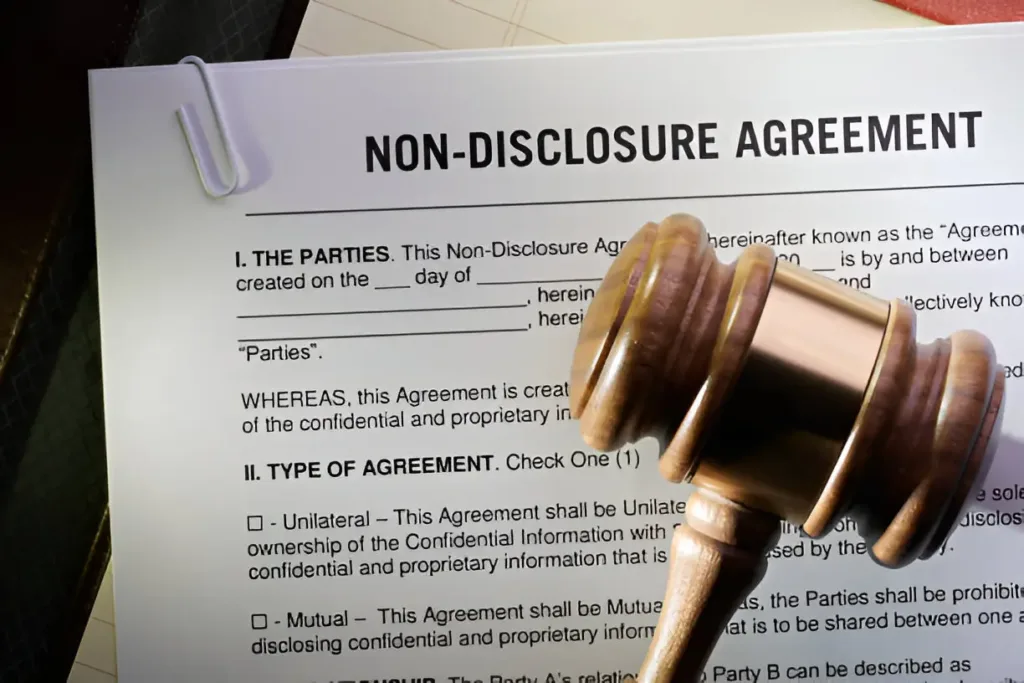Explore the legal landscape for documented Dreamers. Understand their rights and available pathways for permanent residency and citizenship.
The topic of immigration affects many lives. Have you heard about documented dreamers? These young individuals are part of our community.
They often face unique challenges. What rights do they have? How do immigration policies affect them?
These dreamers legally reside in the U.S. They grow up here, go to school, and make friends. Yet, their future remains uncertain.
Many dreamers aim to stay in their adopted home. They seek clear pathways to citizenship.
They want policies that protect their dreams. Let’s explore.
Who Are Documented Dreamers?
Documented dreamers are individuals who arrived in the United States before the age of 16. They have been granted lawful status through the Deferred Action for Childhood Arrivals (DACA) program.
This program was implemented in 2012 by President Barack Obama. It has since provided temporary relief from deportation for over 800,000 young immigrants.
These dreamers are often referred to as documented because they have received documentation under DACA, such as:
- work permit
- Social Security number
Yet, it is crucial to note that this status is not permanent or a pathway to citizenship. It can be revoked at any time by the current administration or future administrations.
The Legal Landscape for Dreamers
The legal landscape for documented dreamers is constantly changing and evolving. While DACA provided some relief, it was never intended to be a long-term solution for these individuals. The program has faced many challenges and threats since its inception.
In 2017, the Trump administration announced its plans to end DACA, causing fear and uncertainty among Dreamers and their families. Yet, after multiple court battles, DACA remains in place for now.
This allows them to pursue higher education. They can get employment opportunities without fear of being undocumented.
Rights of Documented Dreamers
Documented Dreamers have certain rights under U.S. law, regardless of their immigration status. These include the right to education, the right to free speech and assembly, and the right to due process. This means they are entitled to a fair hearing before an immigration judge if facing deportation.
Documented dreamers have the right to work in the U.S. with their DACA-issued Social Security number and work permit. This allows them to pursue higher education and get employment opportunities without fear of being undocumented.
Pathways to Citizenship
While DACA provides temporary relief for documented Dreamers, it is not a pathway to citizenship. Many dreamers strive for permanent residency and citizenship in the country they call home. Yet, current U.S. immigration laws make it difficult for these individuals to achieve this goal.
Some documented dreamers may be eligible for other forms of relief, such as asylum or family-based petitions. Yet, the process can be complex and lengthy, often requiring the help of an experienced immigration lawyer.
Advocating for Dreamers
The future remains uncertain for documented dreamers, especially in the current political climate. Individuals need to stay informed about changes in immigration policies and how they may affect dreamers in their communities. We can all take action by advocating for fair immigration policies that protect the rights and dreams of documented dreamers.
Learn More About Documented Dreamers
Documented dreamers contribute positively to the United States. They seek secure legal status and clear paths to citizenship. Advocacy is essential in protecting dreamer rights in our nation.
Everyone can support documented dreamers through policy reform and outreach. Dreamers deserve stability and opportunity in their adopted homes. A fair solution benefits both the country and its immigrant communities.
Did you find this article helpful? If so, check out the rest of our site for more informative content.
Also Read- The Role of a Defense Base Act Lawyer: What You Need to Know
